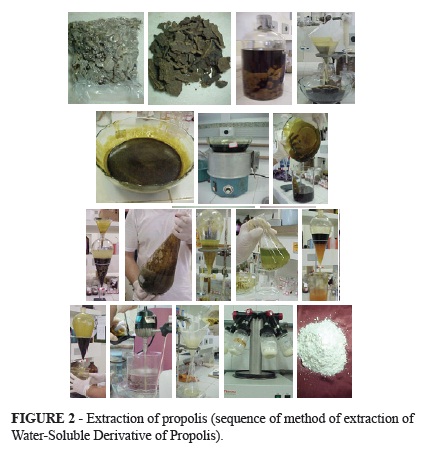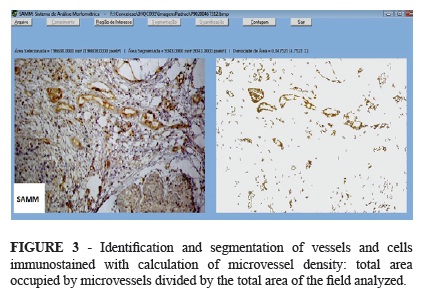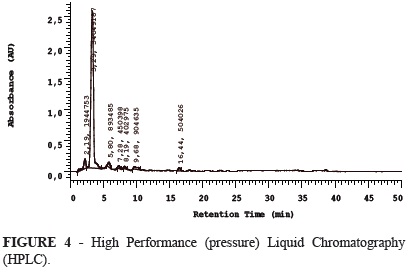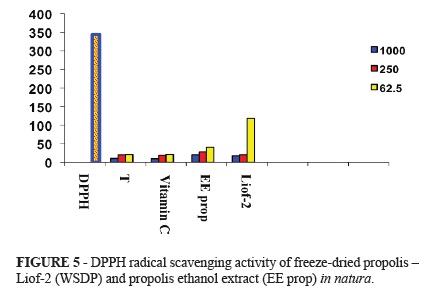PURPOSE: To determine the effects of water-soluble derivative of green propolis in bladder cancer angiogenesis in rats given N-butyl-(-4-hydroxybutyl) nitrosamine (BBN). METHODS: Nine groups were established, where six of them (Groups 1 to 6), the animals received 0.05% BBN in their drinking water for 14 weeks. From the 32nd to the 40th week, Groups 1, 2, 3 and 4 were treated respectively with water, L-lysine (300 mg/kg/day), celecoxib (30 mg/kg/day) and propolis (300 mg/kg/day). Groups 5 and 6 were given propolis and L-lysine from the 1st to the 40th week (150 mg/kg/day). Microvascular density was determined by histological sections stained for the marker CD-31 and analyzed with specific software. RESULTS: The microvascular density in bladder carcinomas was lower (p<0.01) in rats receiving propolis than in controls given carcinogen only. On the other hand, the microvascular density of tumors in rats receiving carcinogen and L-lysine for 40 weeks from the beginning of carcinogen treatment was significantly higher (p<0.01) than in the corresponding controls. CONCLUSION: Water-soluble derivative of propolis inhibits angiogenesis in BBN-induced rat bladder cancer, while L-lysine treatment stimulates angiogenesis if initiated concurrently with BBN.
Lysine; Propolis; Angiogenesis Inhibitors; Urogenital Neoplasms; Rats








